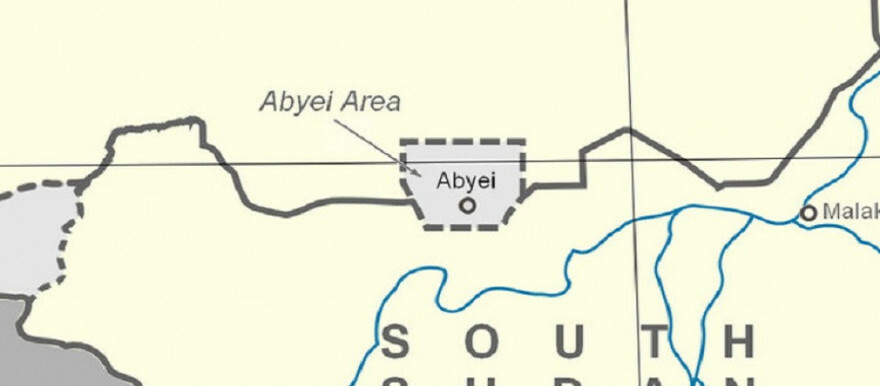The UN Under-Secretary-General for Peacekeeping Operations Jean-Pierre Lacroix has called on South Sudan and Sudan to renew their engagement on the final status of the disputed Abyei region for peace to prevail.
Lacroix made the remarks as he briefed the United Nations Security Council on Thursday on the recent happenings in Abyei.
He said the overall security situation in the Abyei Administrative Area was calm but the lack of trust between the Misseriya and Ngok Dinka communities despite several efforts at intercommunal dialogue remains of great concern.
“For instance, last week, we saw intercommunal violence that resulted in a total of 29 people killed, including two women, and 30 injured from both communities. These violent incidents occurred in Noong/Annam, Kolom, Leul/Al Luo, and the Amiet market/Faydelzaraf areas,” he said.
Lacroix says a lot remains to be done to address the incidents of violence including building trust, encouraging grassroots conflict resolution mechanisms, and community engagement work.
“However, it is – first and foremost – for the governments of the Sudan and South Sudan to renew their engagement on the final status of Abyei,” Lacroix said. “I welcome the recent request for support from both parties towards organizing the next Abyei Joint Oversight Committee. I call on the leadership of the Sudan and South Sudan to do its utmost to use this meeting to move forward on the issue of Abyei.”
The UN official said the humanitarian situation has continued to deteriorate due to the continued violence since the beginning of the year.
“My humanitarian colleagues went from servicing 103,000 vulnerable people during the last reporting period to a stunning 240,000 currently. This was largely due to the violence between Twic Dinka and Ngok Dinka communities near Agok in February and March when 26 people were killed and many more injured,” he added. “It is also very concerning that two humanitarian workers lost their lives as a result of those events. Hundreds of humanitarian workers were evacuated and the people in the area are still deeply impacted by a significant decrease in medical services.”
He noted that significant progress had been made in the development of the Abyei Joint Programme, proposed last year, to ensure that proposed peacebuilding initiatives are implemented.
Lacroix remarked that UNISFA has continued to face challenges in documenting human rights violations and abuses, due to its lack of human rights expertise.
“However, it was encouraging that a team of human rights officers were granted temporary visas to conduct an assessment mission to Abyei last March. There was also small but important progress with regard to the parties’ obligations towards improving the meaningful participation of women in decision-making: in the Ngok Dinka community, a woman was appointed in each of the 13 traditional courts,” he added.
The UN official further called on the Security Council to support the deployment of the three formed police units (FPUs) saying that despite the continued efforts of UNISFA leadership, visas have not been granted to the three Formed Police Units and additional IPOs.
He went on to strongly condemn attacks on peacekeepers in Abyei and called on relevant authorities to investigate the incidents.
“In the past two months alone, we saw three direct attacks on UNISFA patrols, resulting in the injury of one peacekeeper, one damaged vehicle, and one attack – just last week – involved a rocket-propelled grenade. Such direct, serious, violence against the United Nations peacekeepers must end immediately,” he warned.
In his closing remarks, Lacroix called for the extension of the mandate of UNISFA for a further period of six months, until 15 October 2021.




